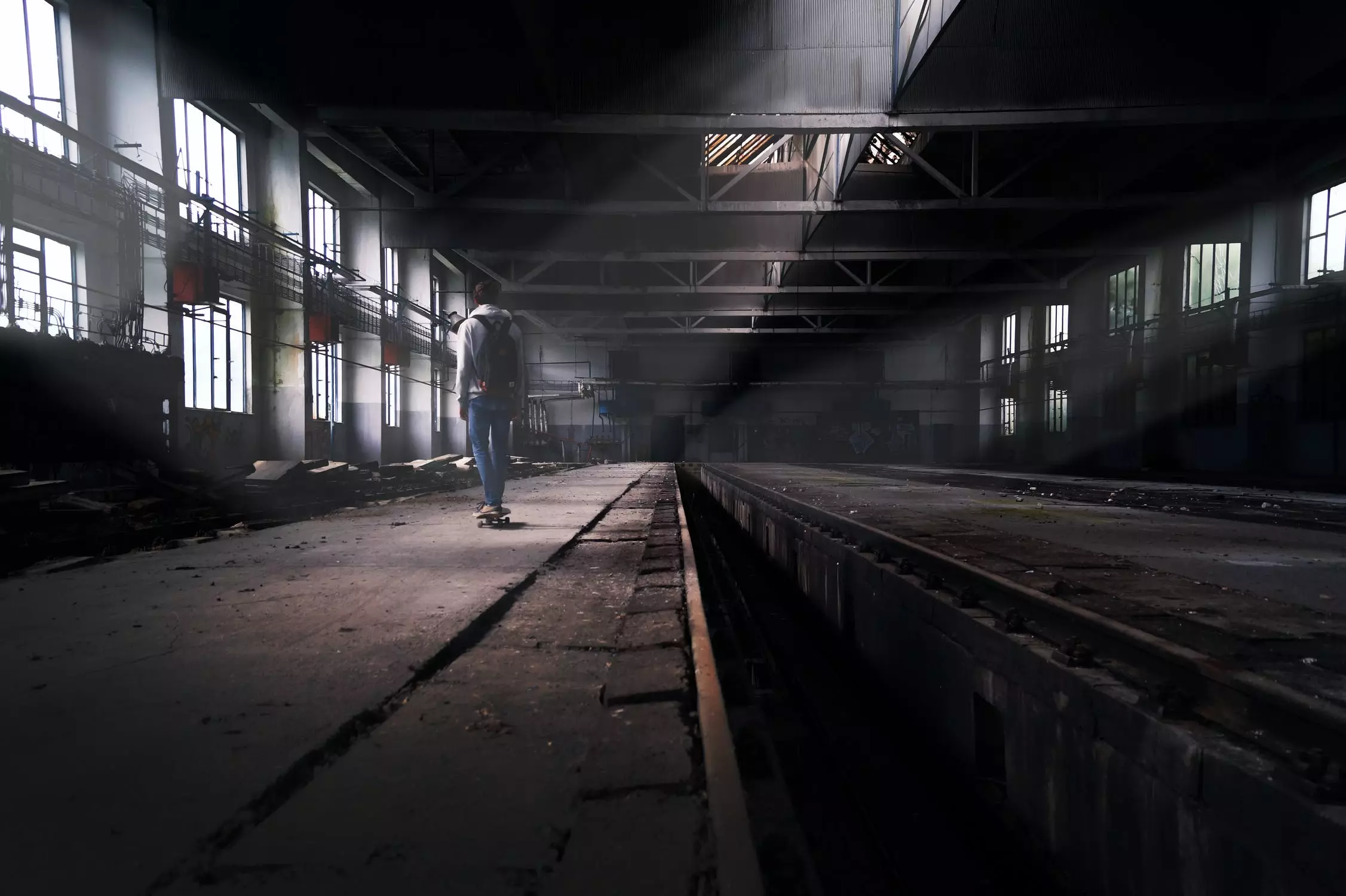No one wants to die. No one wants to know they are dying as they die.
But, as morbid and distasteful as it is, people often dream of a world where many people have long-since passed. When pain and suffering have long since faded from generational memory, and we are left with a clean slate.
Why is that?
Post-apocalyptic themes can be found throughout literature, film and TV, testament to the fact that we are fascinated with the idea. Think about The Road, 28 Days Later, I Am Legend, Mad Max and the book Wool. Whether utopia or dystopia there’s something attractive about the notion of a post-apocalyptic world. Here are 5 lightning-brief thoughts on why:
1. Restarting | Perhaps, if we have any dissatisfaction with our lives, our jobs, our friends, then apocalypse functions as a handy reboot; a chance to restart your life, reinvent yourself, be who you want to be without the pressure of societal structures and their expectations.
2. Rebalancing | If we are angered by inequality or unfairness, a devastating planetary event can level the playing field; reset everyone’s ‘societal credit rating’, allowing people to entertain the notion that pure talent and ability will be the new currency of success - not breeding.
3. Reskilling | There may also be a cohort of people who have a sneaking desire to return to the basics; to head back down Maslow’s pyramid to its base, and to worry only about food, shelter and friendship. City slickers who traded stocks and shares for log cabins and an off-grid lifestyle have long extolled the virtues of ‘cave-man’-style reskilling. Maybe we all secretly wish for the abilities of our distant, distant ancestors.
4. Recreation | We can also often find solace in the idea of desolation. No crowds. No people. No noise. A catastrophic event could bring an abundance of space and silence. And maybe it would do us good.
5. Restitution | Through a darker lens, does the fall of mankind subconsciously speak to our self-hate, at species level. Are there those who think: Serves us right. It’s what we deserve. Schadenfreude for the whole of Homo Sapiens?
There is something deeply troubling about the above. Whilst we might momentarily entertain notions of a rebooted earth, we’ve discovered, as we skirt with global catastrophe, that it really isn’t much fun to live through. Decades and decades after a world-ending event, we might allow ourselves to be more poetic and wistful about the fate of mankind, but right now, here amongst it, this is of little comfort.
What we can take from all of this, however, is that humankind has a series of base desires - a minimum level of contentment, a need to feel like you are fulfilling oneself, a requirement for fairness, equality and justice, and for space and solitude.
Perhaps then, as we contemplate the worst-case scenario of our current predicament, we might take time to consider if we need a catastrophe for us to achieve those things, and whether once this is all over, we might look to start making our lives easier in a way a little bit less dramatic.



Leave your comments
Post comment as a guest